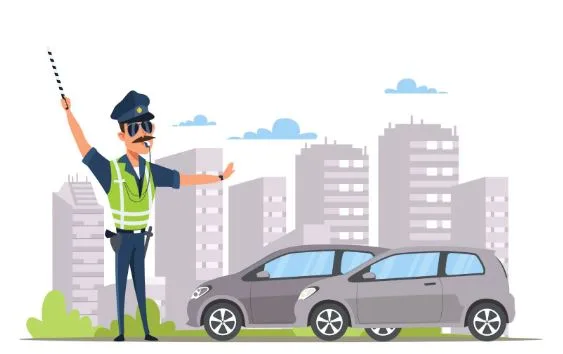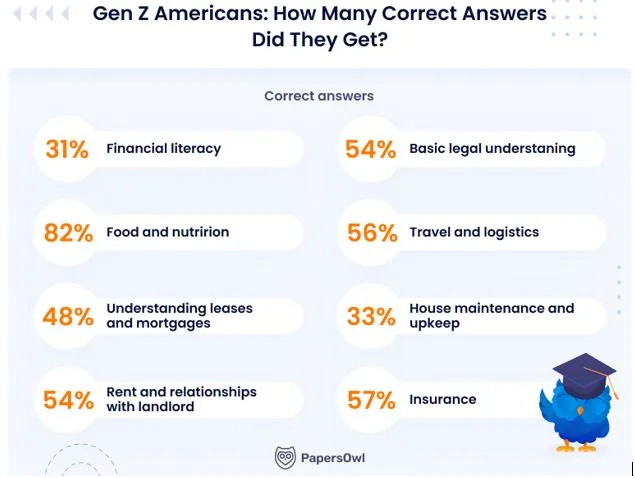Who Gets Pulled Over — and Who Doesn’t Make It Home: New Study Reveals Traffic Stop Inequity Across the U.S.
Traffic stops are the most common way Americans interact with law enforcement — around 32 million times every year. But a new national study from Suzuki Law Offices shows that who gets stopped — and what happens next — depends heavily on race, age, gender, and geography.
More than 1 million drivers are arrested during traffic stops each year. One in ten encounters involve the use of force. And while most stops begin with minor traffic violations, far too many escalate with devastating outcomes.
Disparities Begin at the Moment of the Stop
According to the data, enforcement is not equal:
- Black drivers are 1.5× more likely to be stopped than White drivers
- Latino drivers are 1.4× more likely
- 50% of all stopped drivers feel intimidated
- 25% are searched despite no resulting arrest
Even body-worn camera usage — which can cut complaints by 50% — is inconsistent nationwide.
Most critically:
Black Americans make up 38% of traffic-stop deaths but only 13% of the U.S. population
Hispanic drivers are also killed at a disproportionate rate, accounting for 28% of fatal stops despite making up 19% of drivers.
A Routine Stop Can Turn Fatal — Fast
Researchers identified 364 fatal traffic stops (2019–2025) involving individuals classified as non-violent and posing no serious threat.
The most common profile of a fatal victim:
➡ A 28-year-old Black man
➡ In Texas or California
These two states recorded the highest number of traffic-stop deaths.
Idaho, Rhode Island, D.C. and Hawaii recorded just one each.
Despite falling violent-crime rates, law enforcement violence is the highest ever recorded:
- 1,365 people killed by police in 2024
- One death every 6.44 hours
- Only 10 days in 2024 without a police killing
Traffic enforcement is a major factor in those numbers.
Age and Gender Change Everything
- 97% of people killed in traffic stops are male
- 60% are 18–35
- Seniors (60+) make up just 9 deaths, a sign of dramatically different treatment based on age
Young men, especially young men of color, face the greatest danger.
Financial Penalties Also Show Inequality
More than 80% of traffic stops are for speeding or equipment issues — and the consequences depend largely on what state a driver lives in.
Minimum fines for driving 10 mph over the limit:
- California — $234
- Arizona — $231
- Texas / Nevada — $223
- New Mexico — $25 (lowest)
Most expensive fines for driving 40 mph over the limit:
- Illinois — $2,500
- New York — $1,150
For many low-income drivers, fines become a financial crisis that leads to further enforcement — and deeper legal system involvement.
A System That Needs Urgent Accountability
The study finds a clear pattern:
- Black and Hispanic drivers are stopped more
- Force is used too often — without cause
- Fatal violence falls disproportionately on young Black and Hispanic men
- Minor infractions can produce catastrophic outcomes
Traffic stops are meant to keep roads safe. But without national standards, transparency, and consistent de-escalation training, they can become a flashpoint for preventable deaths.
The full study urges stronger policy safeguards, including:
- Universal body-camera requirements
- De-escalation protocols nationwide
- Independent review of force escalation
- Greater transparency in stop data and rationale
Until then, experts warn racial inequity and mistrust will persist on American roads.
Full study and methodology available via:
Suzuki Law Offices




